Dark chocolate, a beloved indulgence with a rich aroma and smooth texture, is often a topic of discussion in health and wellness circles. One of the prominent questions posed is its caffeine content—a subject shrouded in curiosity and myth.
This article delves into the caffeine content of dark chocolate, explores its health implications, and unravels the regulations surrounding caffeine.
Exploring the Caffeine Content in Dark Chocolate
Dark chocolate, often revered for its health benefits, contains caffeine, although its level is significantly lower than more direct sources like coffee or energy drinks. Here's a closer look at how its caffeine content compares with other beverages.
Caffeine Content in Popular Beverages
In the realm of popular beverages, the caffeine content varies widely. For instance, a standard cup of brewed coffee contains approximately 135 mg of caffeine . Meanwhile, specialty coffee and energy drinks, like ZOA, pack an even greater punch, with caffeine ranging from 160 mg to 210 mg per serving . Dark chocolate, by contrast, contains a modest level, with about 12 mg of caffeine per ounce, depending on the cocoa content.
Comparative Caffeine Levels
To put things in perspective, the caffeine present in dark chocolate is markedly less than that found in most coffee beverages. Even still, those who are caffeine-sensitive may experience noticeable effects after consuming large quantities of chocolate.
Health Implications of Caffeine Consumption
Caffeine, while invigorating, is not devoid of health concerns. According to Health Canada, excessive caffeine intake can lead to insomnia, anxiety, and heart palpitations . Nonetheless, moderate consumption is often considered safe and can even offer health benefits such as enhanced focus and alertness .
Balancing Benefits and Risks
For dark chocolate enthusiasts, moderation is key. While dark chocolate delivers essential antioxidants beneficial to heart health, its caffeine content should not be overlooked, especially when consumed alongside other caffeinated products.
Regulations Around Caffeine Content
Caffeine regulations are stringent, particularly in energy drinks, which are limited to a maximum of 180 mg per serving according to Health Canada guidelines . While dark chocolate falls outside the stringent regulatory framework for caffeinated beverages, understanding these limits aids in keeping track of overall caffeine consumption from all sources.
A Closer Look at Dark Chocolate’s Attributes
Dark chocolate is not just a source of culinary delight but also a matrix of complex nutrients including flavonoids, minerals, and yes, caffeine. These components contribute to its unique place in culinary and health discussions.
Flavonoids: The Heart of Dark Chocolate
Flavonoids, abundant in dark chocolate, are known for their antioxidant properties. These compounds play a pivotal role in reducing inflammation and improving heart health by enhancing blood flow and lowering blood pressure .
Nutritional Profile of Dark Chocolate
Besides caffeine and flavonoids, dark chocolate is a rich source of iron, magnesium, and zinc. These elements collectively support various bodily functions, adding to the health appeal of this delectable treat.
Comparative Analysis: Dark Chocolate vs. Other Beverages
When comparing dark chocolate to other caffeinated products, its caffeine content is relatively low. For those monitoring their caffeine intake, understanding these differences is crucial.
Exploring Variances
Energy drinks like ZOA provide an intense burst of caffeine, making them suitable for a quick pick-me-up . Meanwhile, brewed coffee offers a more sustained energy release . Dark chocolate, with its gentle caffeine content, provides a subtler, more prolonged release of energy due to its combination with other nutrients.
Health Perspectives
While energy drinks may offer immediate energy, their high caffeine content can lead to spikes and crashes in energy levels. Dark chocolate provides a more balanced source of caffeine that can be integrated into a daily diet with fewer side effects.
Practical Applications and Conclusion
In summary, while dark chocolate does contain caffeine, its levels are much lower than many other caffeinated sources, making it a viable option for those seeking a mild stimulant without the intensity associated with drinks like coffee or energy beverages.
Addressing Misconceptions
The perception of dark chocolate as a high-caffeine source is somewhat exaggerated. Understanding its moderate caffeine content can help consumers make informed dietary choices without unnecessary restrictions.
In a rapidly evolving world of health trends, maintaining awareness of the nutritional nuances within our favorite foods ensures both enjoyment and health are harmoniously balanced. The story of dark chocolate and caffeine adds another delicious layer to this narrative of indulgent, mindful consumption.


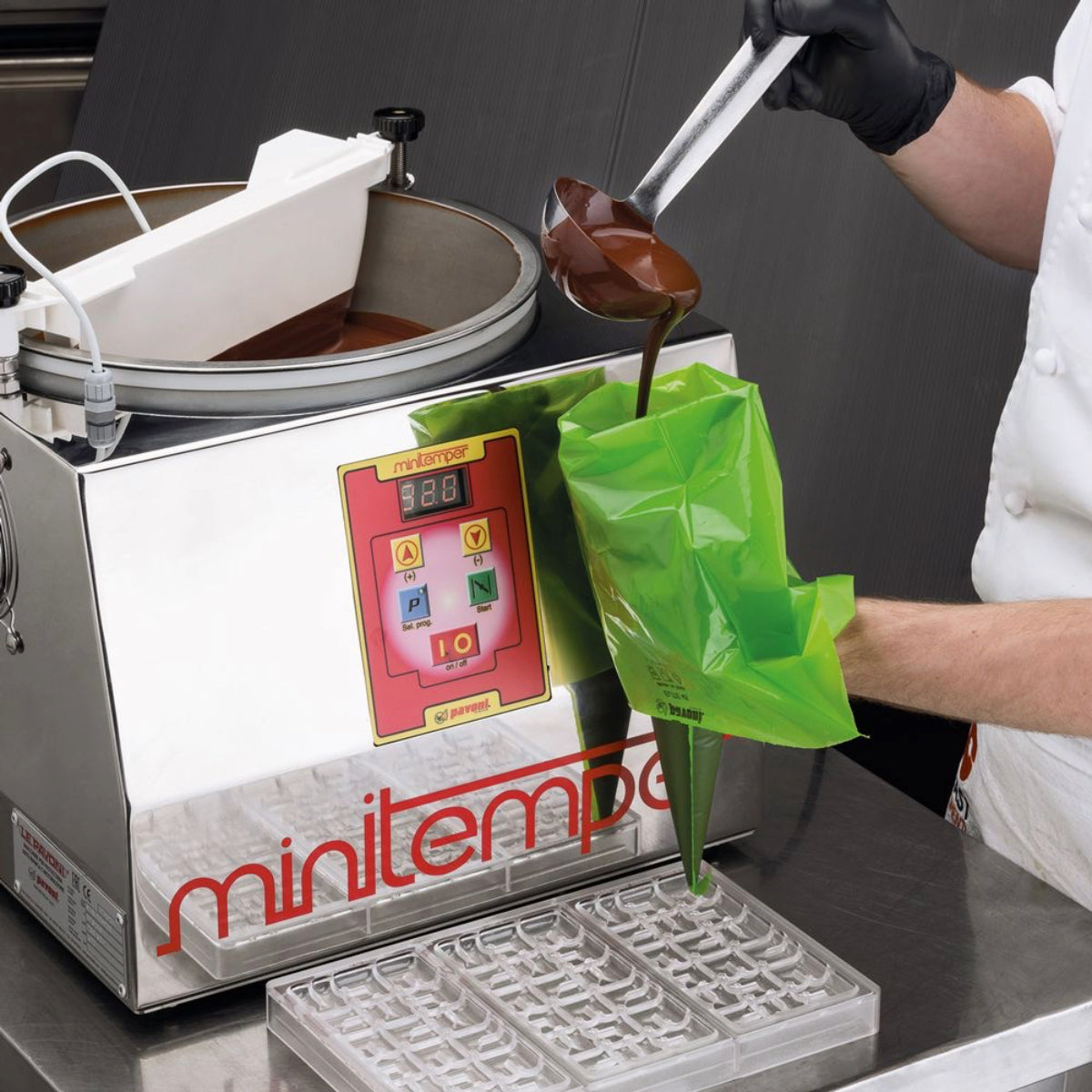

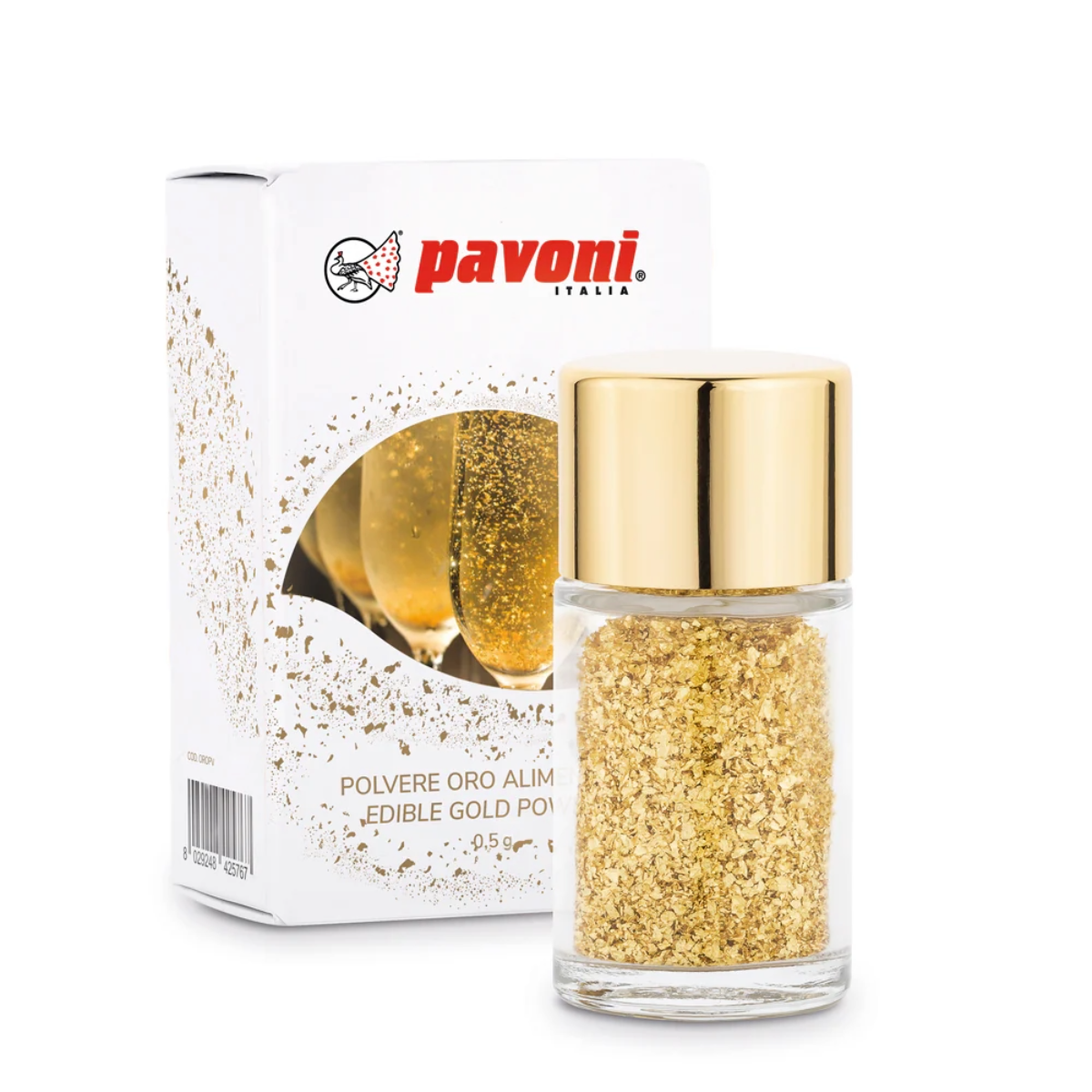





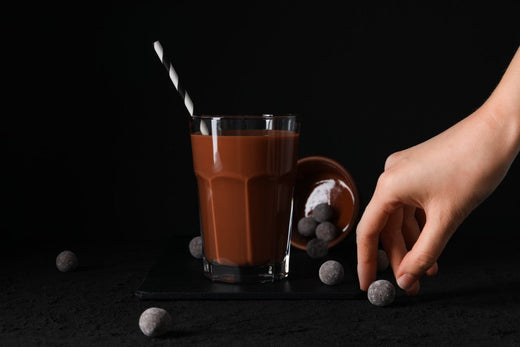


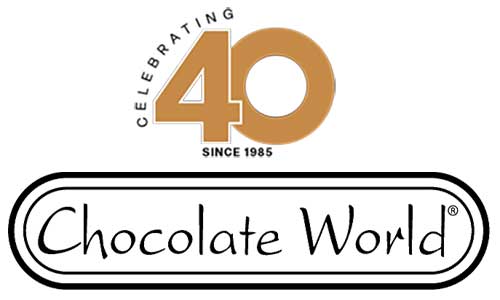

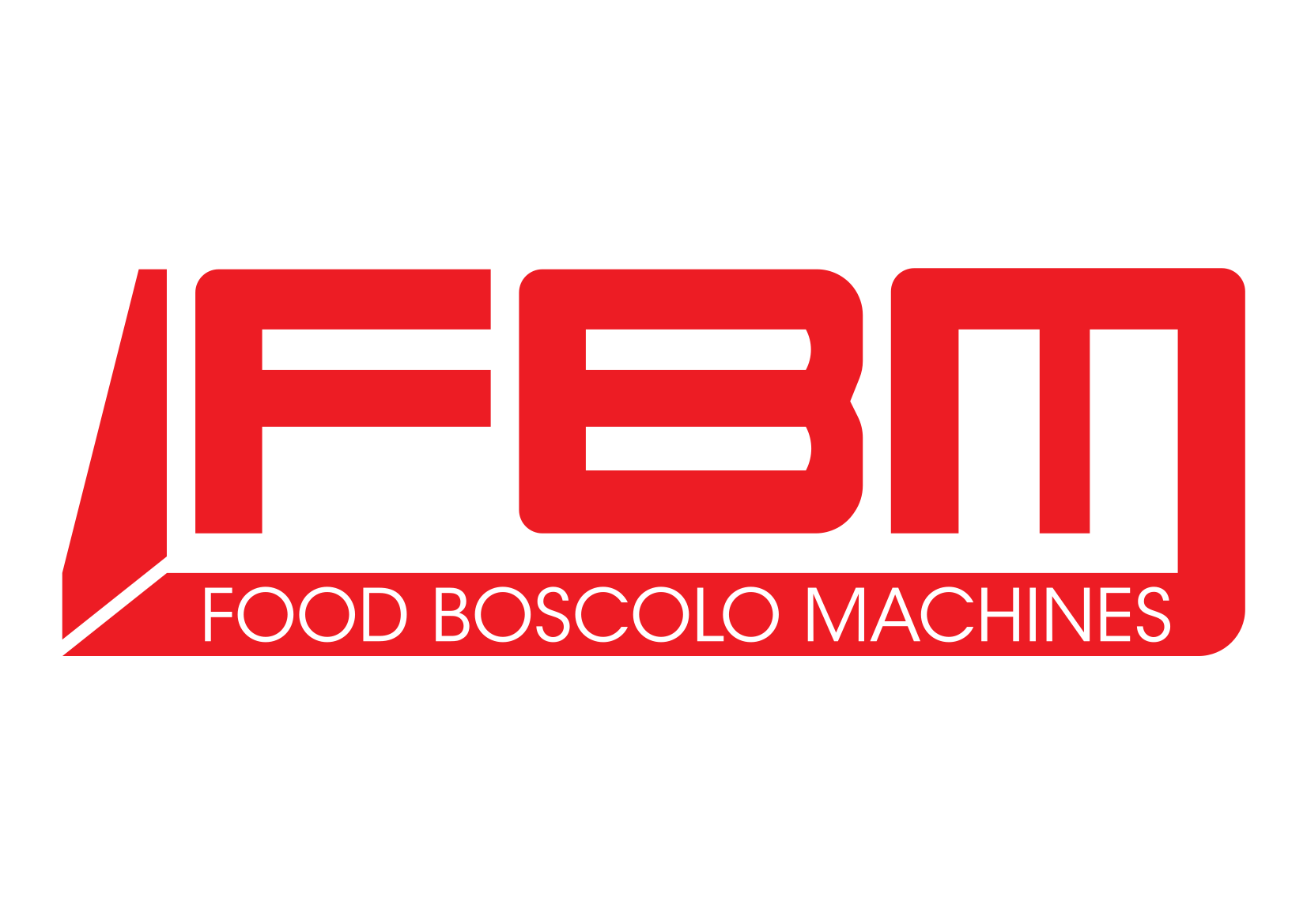

















Leave a comment
This site is protected by hCaptcha and the hCaptcha Privacy Policy and Terms of Service apply.